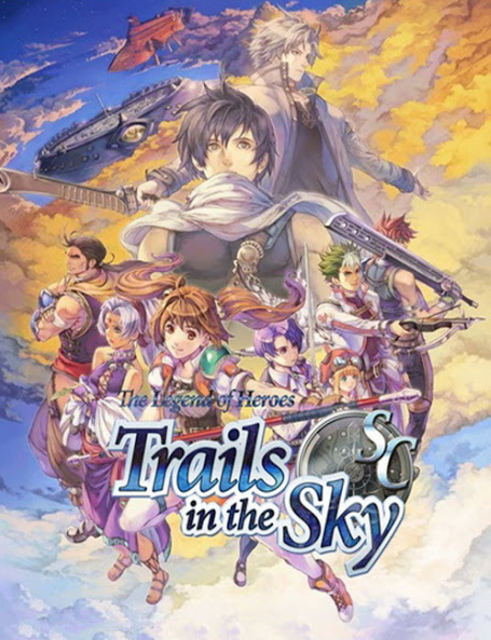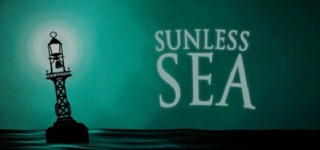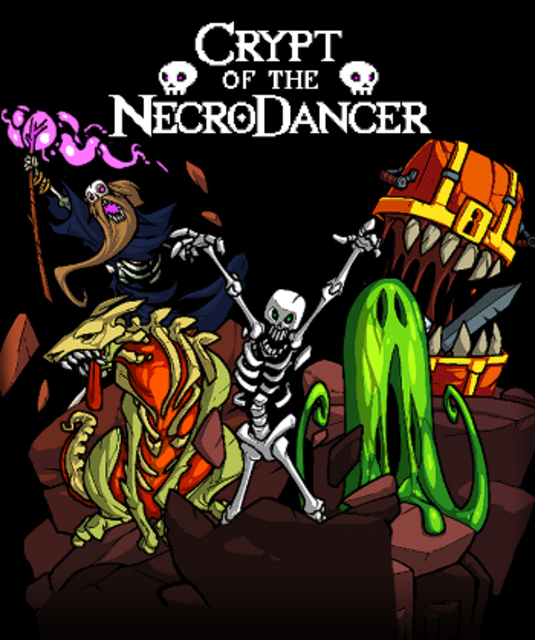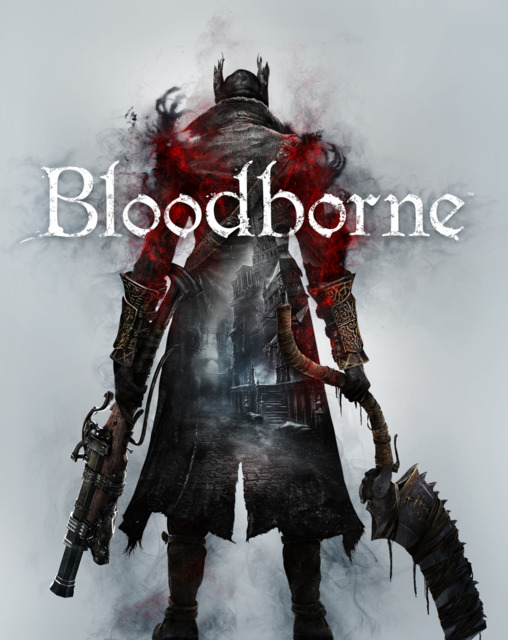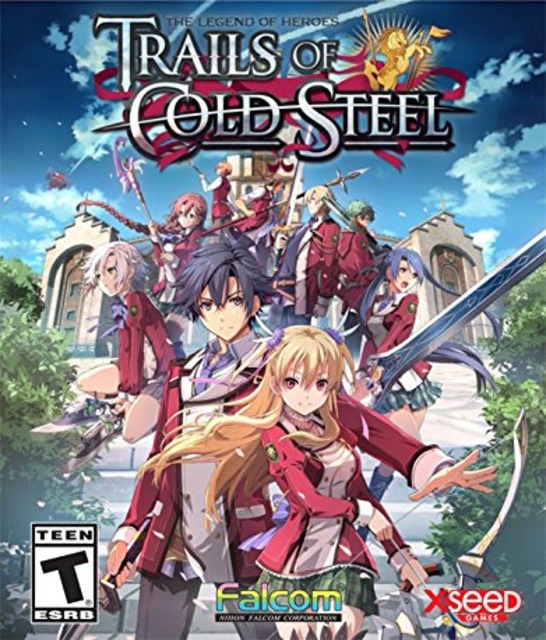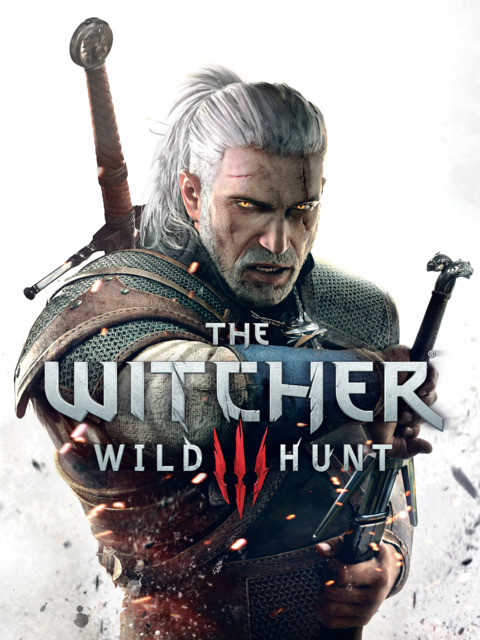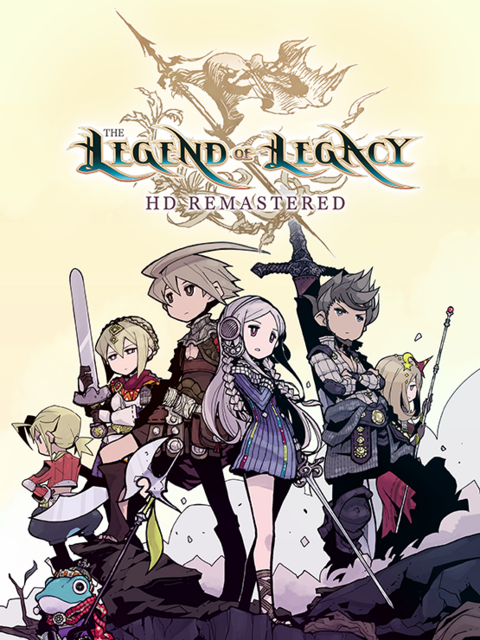Second Chapter was the payoff to a very unsure wait of four and a half years and it almost over-delivered.
Wait, lemme explain that.
With SC, the writers at Falcom pulled off actions that most RPG designers never even attempt despite calls for it in passing from players: characters both inside and outside the party have full arcs, even some generic-model NPCs like Anton and Miranda do. Bringing different optional characters to events brings specific rich dialogue, no plot thread goes unwoven, full short stories, backstories, on and on and on in that rich, conversational, personality-driven way.
The issue is that there's almost too much of it in repetition; you journey thru four regions, observe four plots by four dastardly agents of the antagonist organization, later fight thru four towers to fight said four agents for the first time, then fight them again in the final dungeon, then a very long final "point-of-no-return" end boss extravaganza to close it out.
This leaves all this richness of dialogue, music, characterization, theming, side-quests, metaplot, and many other wonderous facets at times burying us players in "almost too much good". I hate to call it a pacing issue as that usually results in stretching the game out thin and what they were doing is usually the same quality goodness as the rest of what you played, but it ended up leaving me feeling tired until the late parts of the foursomes hit exceptionally high notes.
And there is so much good in this. Estelle and Joshua's journey is done exemplarily well; I have never seen a better romance soup to nuts in this medium with this combination of density and quality. Their choices, their triumphs, and their setbacks pass muster with their personalities and the plot (which is too often in others just leaping from high point to high point).
The music is a triumph, hitting industry-topping benchmarks for composition and passion, the overall metaplot is an excellent dance partner for the main plot that never feels tacked on and the writers gave us everything we need to understand the signifigance yet always leaving you hungry for more information, and Chapter Six is easily one of the best segments of a game in history.
All in all, too much good is better than too little, but it is getting knocked for a loop having the opposite for once and is still an exemplary journey for everyone who likes worldbuilding and light narrative excellence.
Bring on more Trails, the Thirst still needs slaking.


